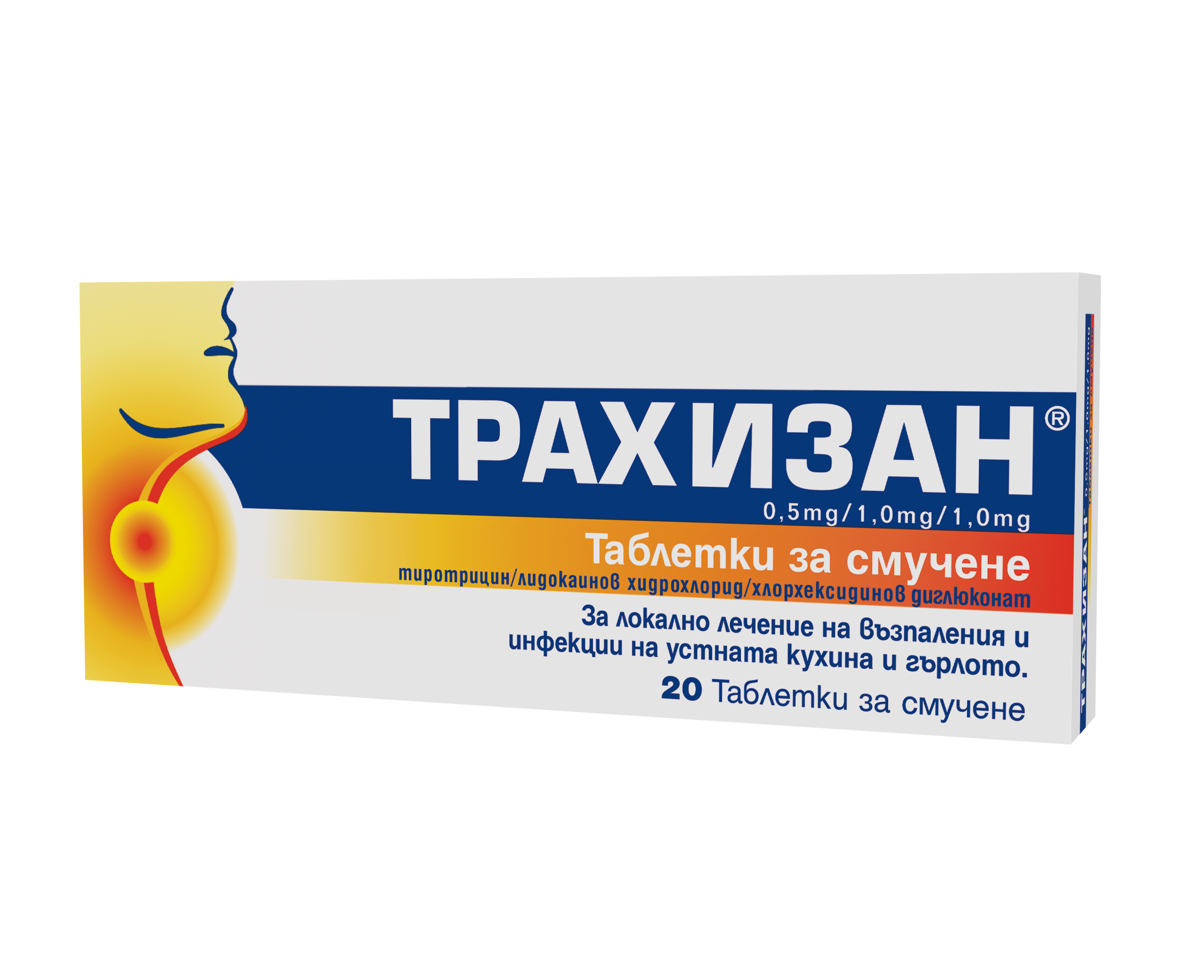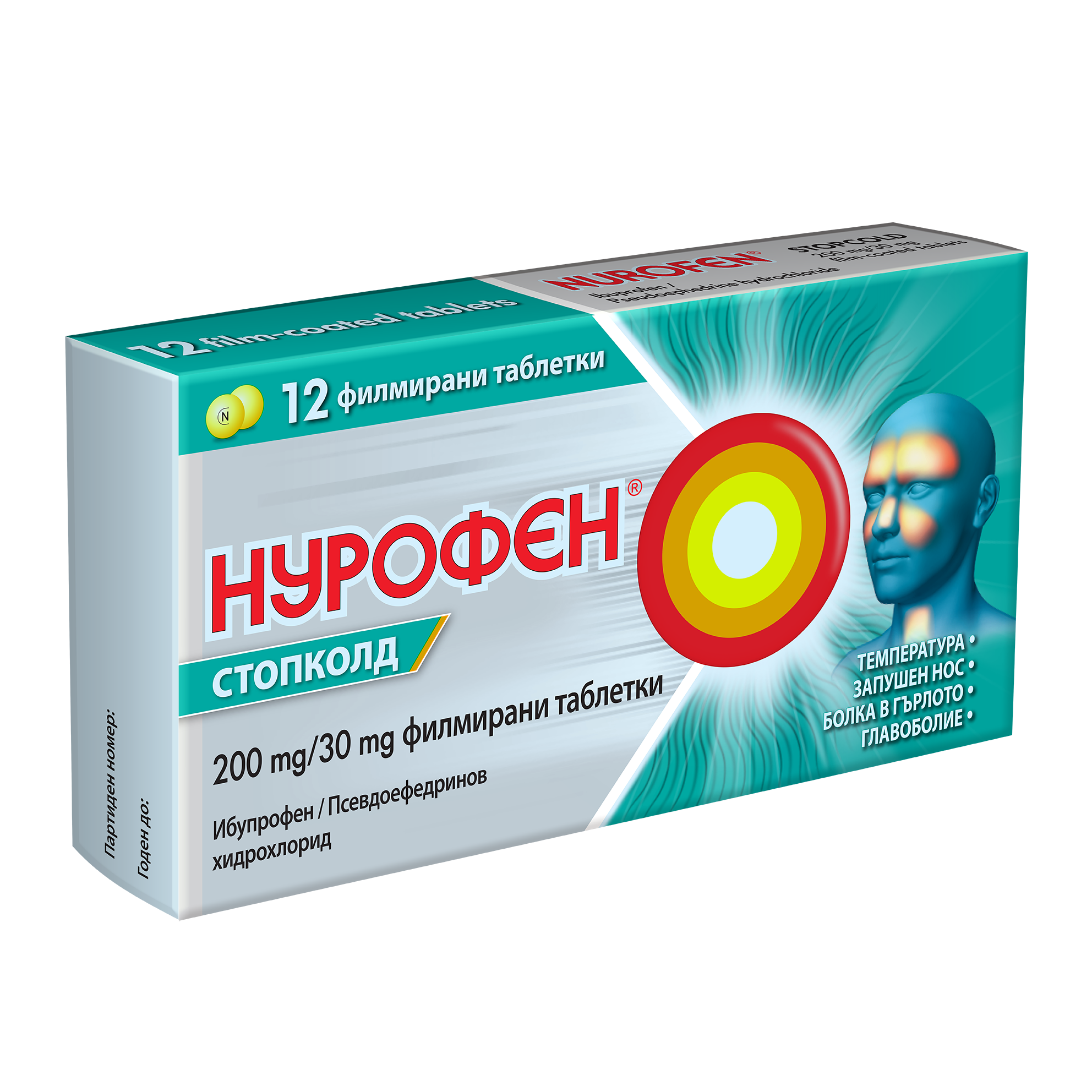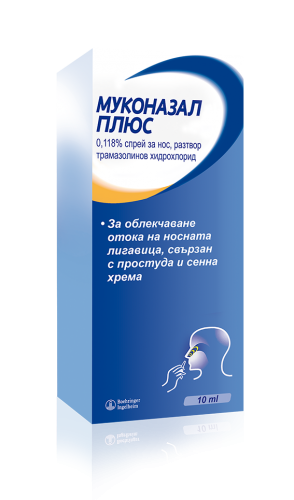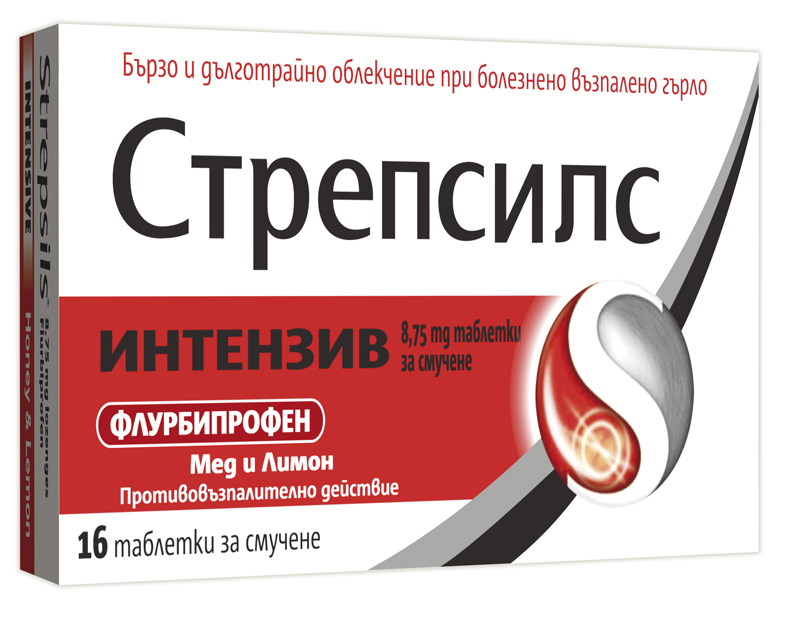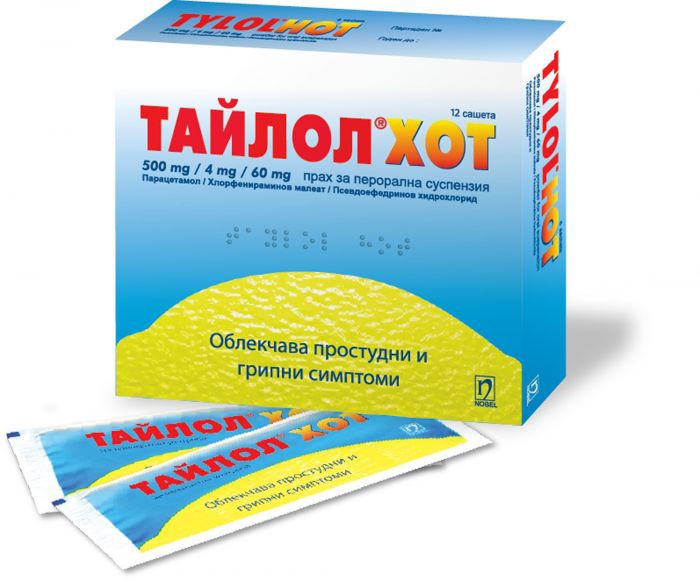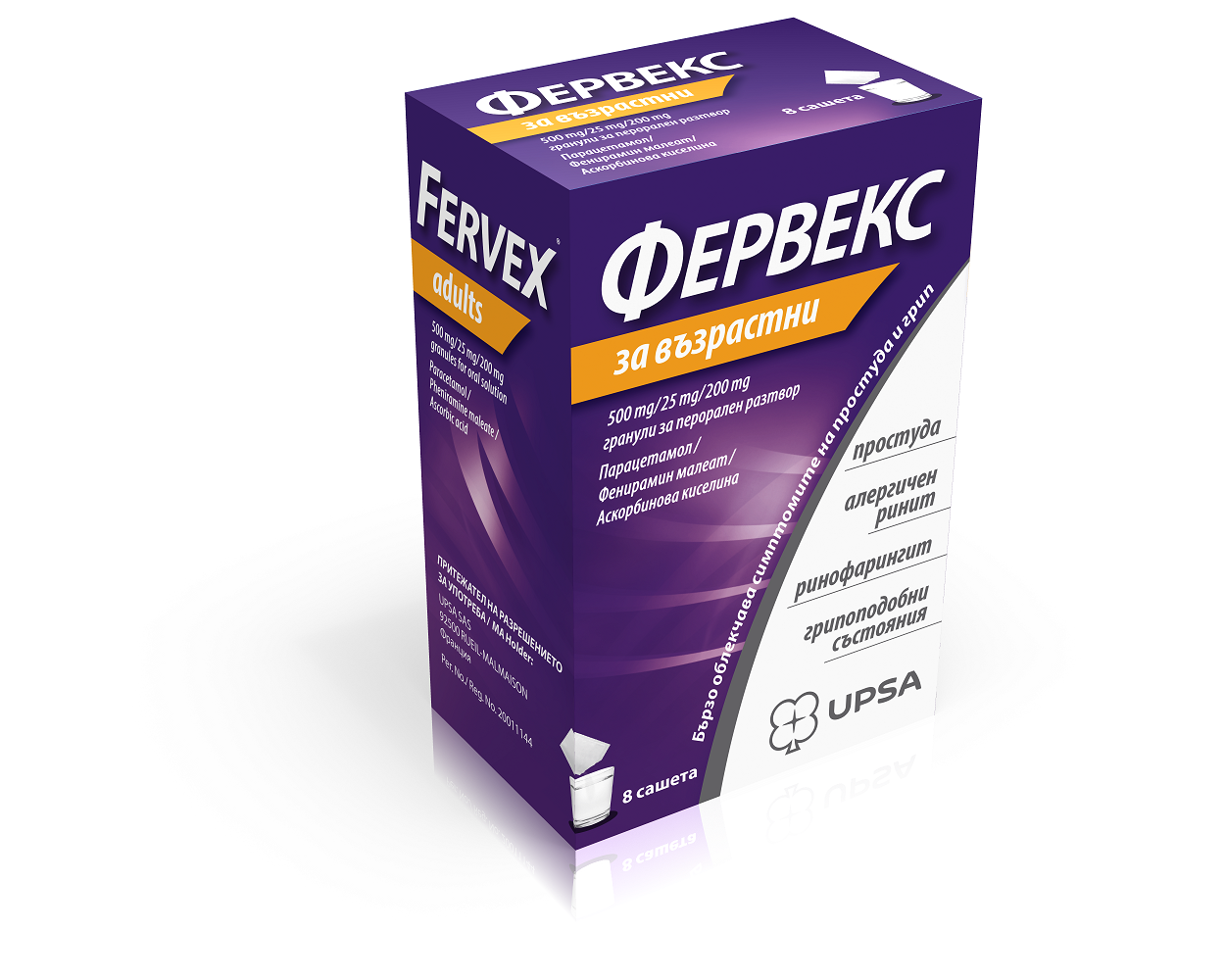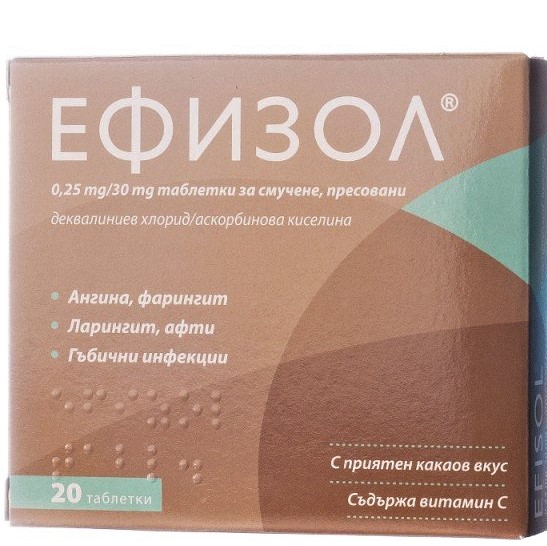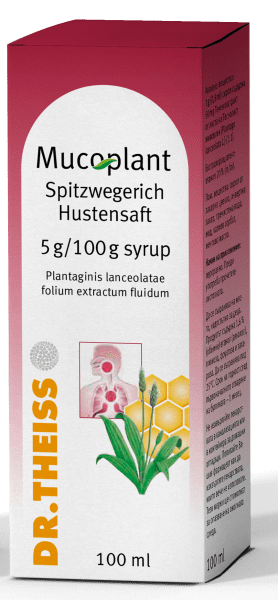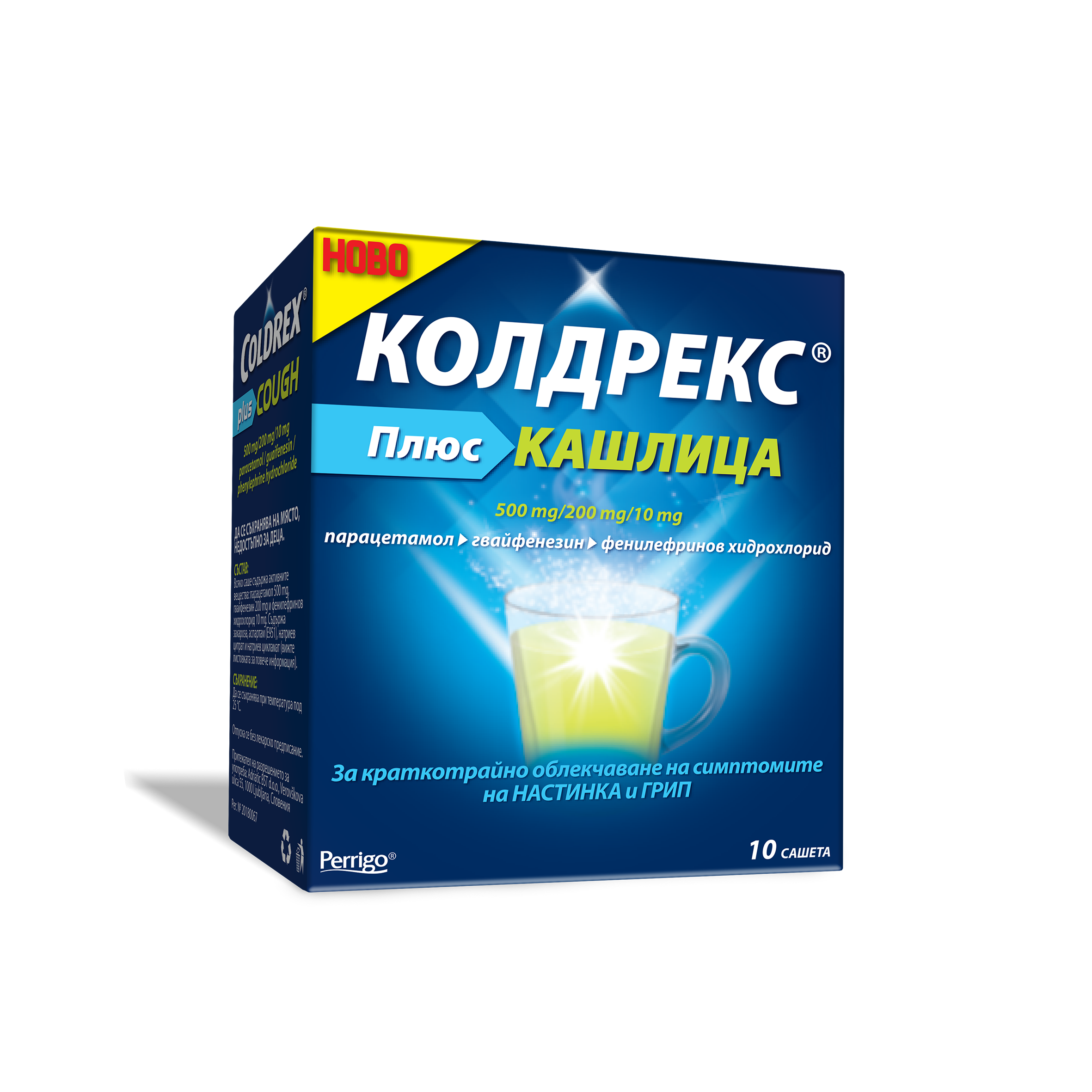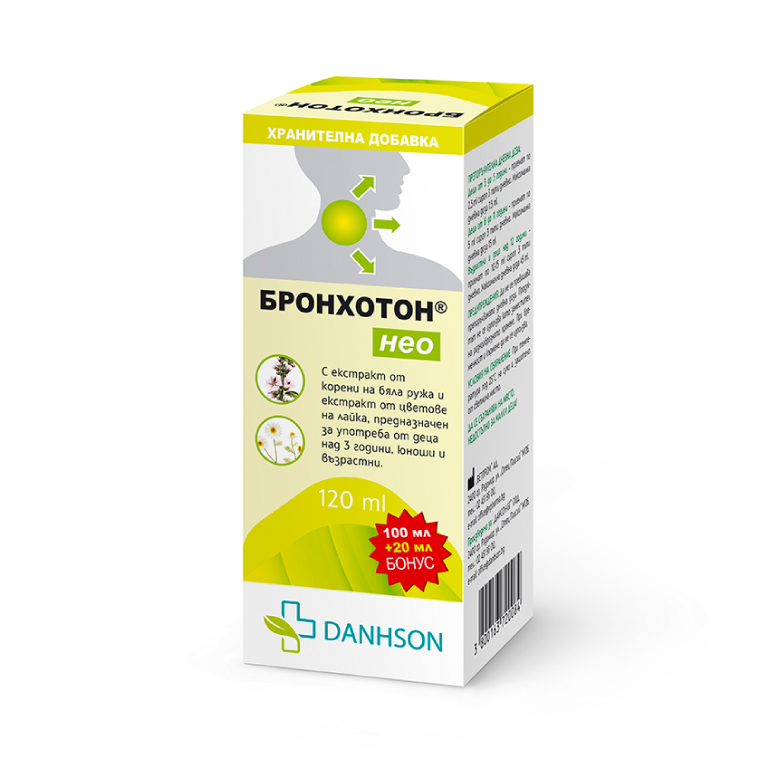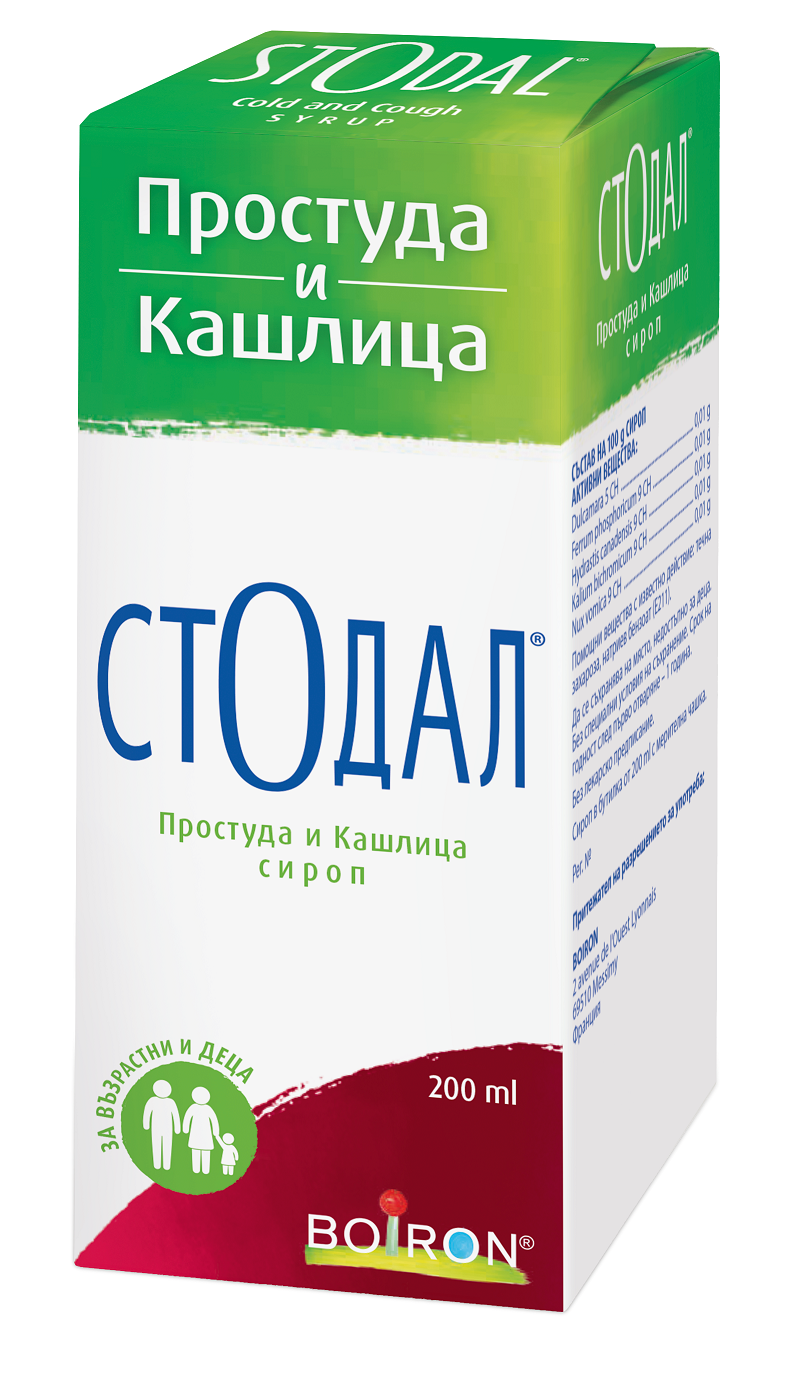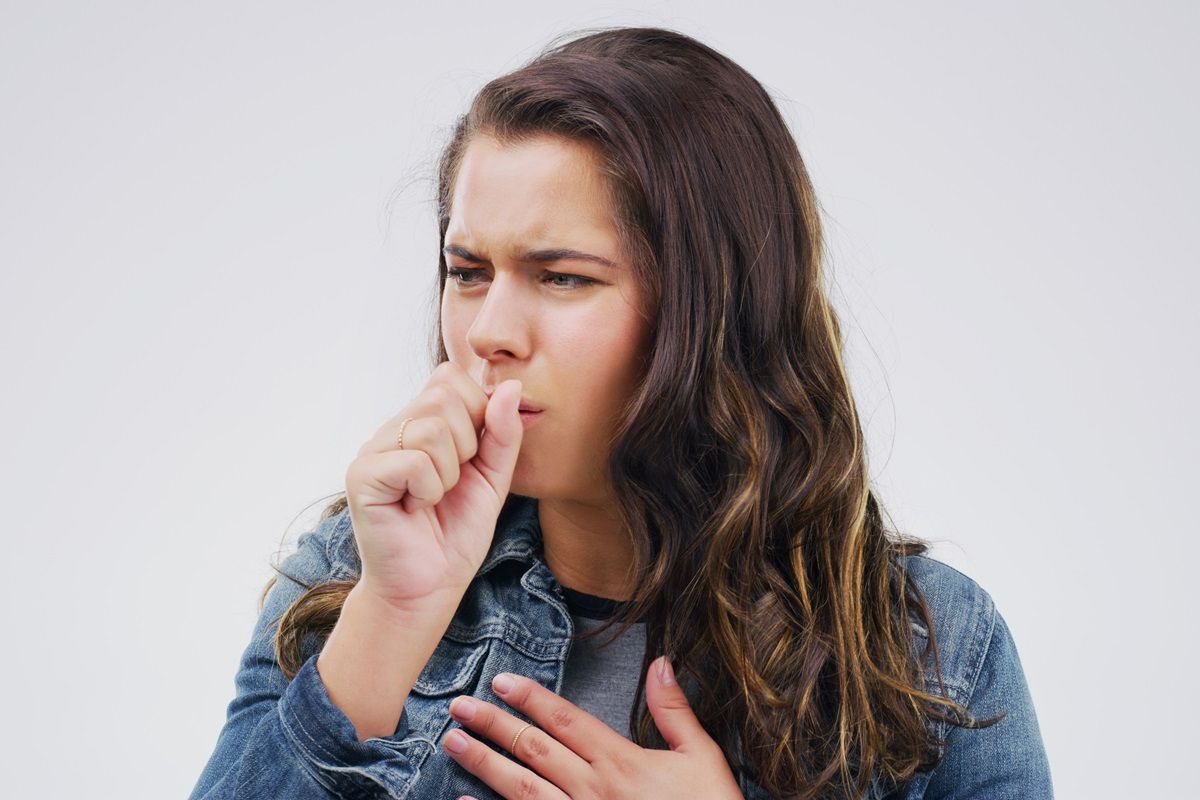
A dry cough, also called a "non-productive" cough, is a condition in which there is no or little secretion. This type of cough is often an indicator of inflammation of the upper respiratory tract, but it can also be provoked by various health problems such as asthma, allergies, acid reflux.
In the following lines, we will consider in detail what the causes of dry irritating cough can be, what are the ways to relieve it, and what medicinal products your doctor could prescribe.
Causes of the excruciating dry cough
Dry cough manifests itself as an irritating throat cough, sometimes with accompanying ailments such as a burning sensation in the throat, chest pain and difficulty breathing. It is important to note that this type of cough can be persistent, which makes understanding the specific causes of its occurrence even more important.
Factors such as polluted air, smoke, dust and dry atmospheric conditions often contribute to the irritation of the respiratory tract, stimulating the onset of a nagging cough. Allergies to pollen, dust mites, mold, or pet dander also play a role in triggering this type of irritating throat cough.
A dry cough can also be the result of various diseases. Conditions such as sinusitis, lung infections, or even the use of certain medications, such as ACE inhibitors and beta-blockers, require accurate diagnosis and investigation by medical professionals because they could cause a persistent dry cough.
One of the frequent pathological causes of dry cough is asthma. It is a chronic disease in which the airways become sensitive and inflamed. The body's response may include frequent episodes of a painful, dry cough with no secretions.
Chronic obstructive bronchitis can also cause a dry and irritating cough. This is a form of bronchitis in which the inflammation of the bronchial tubes becomes chronic and causes difficulty in breathing. Gastroesophageal reflux disease is another pathological cause of an excruciating dry cough. In it, stomach juice and acids back up into the esophagus, causing an irritating cough from the throat that is often without accompanying secretions. Pneumonia, which is an infection of the lungs, can also cause a dry cough as part of the symptoms of inflammation and infection in the lungs.
In the excruciating dry cough, treatment requires a complex approach, which usually involves dealing with the underlying disease. Consultation with a doctor is essential to make an accurate diagnosis and determine the most effective treatment plan. This emphasizes the need to promptly determine the causes of its occurrence in order to prescribe correct and effective therapy.
Dry cough symptoms

A dry cough is a symptom of a disease that is often accompanied by various other symptoms such as throat irritation. A tickling in the throat and a dry, irritating cough are often an indicator of inflammation, which can be caused by a variety of factors such as infections, allergies, or even just exposure to dry air. Therefore, in case of an irritating throat and dry cough, it is recommended to consult a doctor.
An irritating tickling sensation in the throat, part of the symptoms of a dry cough, can be intense and uncomfortable, and depending on the cause, long-lasting. An excruciating dry cough can often be accompanied by other symptoms such as headache, fatigue and even changes in breathing.
Dry cough - treatment
Treatment of dry cough is a process that involves the use of various medicinal products. These products can be classified into different groups, depending on their mechanical effect and active ingredients.
Medicines that suppress cough
This type of medicine is used for dry reflex cough and for excitation of the respiratory center. Despite their potential benefits, it is important to note that they can be addictive and are associated with significant side effects such as insomnia and nausea.
Antitussives with a peripheral mechanism of action
These drugs purposefully affect the receptors in the mucous membrane of the respiratory tract, providing an anti-inflammatory and broncholytic effect. Despite their benefits, they can cause side effects such as allergies and dizziness.
Combined antitussive drugs
This type of products includes synthetic tablets and phytopreparations, combining active ingredients of plant origin. They are milder and usually do not cause serious side effects during treatment. A dry cough can often be overcome only with combined products that also include plant extracts.
Regardless of the choice for the treatment of dry irritating cough, keep in mind that the dosage depends on the specific product and its active ingredients. Always follow package directions or your doctor's recommendations.
Dry cough syrup
One of the commonly prescribed remedies is dry cough syrup for adults. These syrups offer effective relief of irritation and help cough up secretions from the respiratory tract. They contain active ingredients that soothe the tickling in the throat and dry irritating cough, helping the body to cope with the problem.
If you have a dry cough without fever, herbal dry cough syrups are a good choice. They combine the beneficial effects of various herbs, such as ginger and echinacea, which have a soothing and anti-inflammatory effect on the respiratory tract.
For quick and effective relief of the condition, when there is no need for antibiotics, cough syrup for adults, with combined action, is often prescribed. This type of medicine helps the respiratory tract and fights the bacteria that can cause a dry cough.


